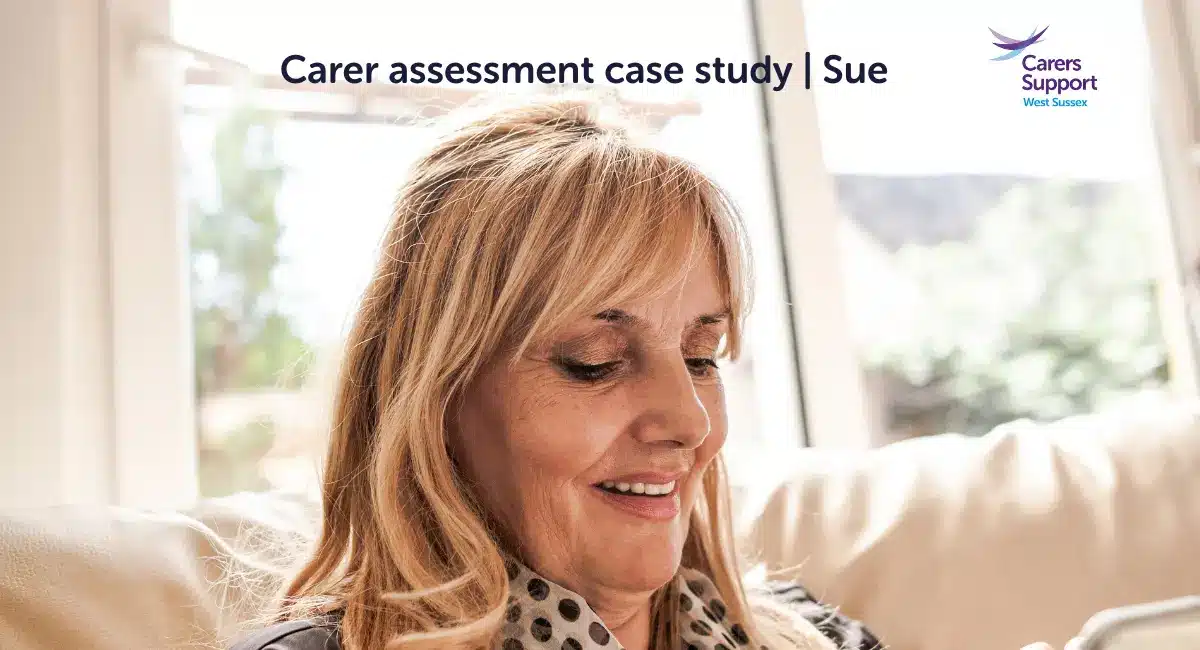We work with a plethora of carers, in all circumstances. Each case is so individual, which is why the time is taken to listen to the carer to really understand how we can help.
Caring situation
Rita is a 55-year-old single, parent carer to her two children. She has a daughter who experiences anxiety. And her son who has Autism; Hypermobility; OCD and Pathological Demand Avoidance. Rita home schooled her son for seven years and then transitioned him into college with support. At this point, Rita was looking at ways to return to work, without impacting her income from benefits negatively. There was also the consideration about work flexibility to allow her to support her family, especially around appointments for her son.
Help from Impact Workability
Impact Workability (IW) help people with disabilities and carers living in West Sussex find the right employment for them. Rita started working with IW. Following discussions, Rita realised she was looking for part time work, close to home, in the support work field, following on from her experience in caring for her children. IW worked with Rita in updating her CV and doing a job search fitting the criteria. A suitable role was found at Independent Lives. IW assisted Rita through the application process, in which she was offered an interview and subsequently the role. Once Rita started work, IW kept in contact to ensure everything was going well.
Benefits advice
It is vital that the DWP are informed of any changes in employment status, so any payments remain correct. Rita received benefits advice to find out how much she could earn and still receive Carers Allowance. Rita was informed that her Universal Credit would reduce if she worked, but that she would nevertheless be better off working. More recently, Rita has been supported with a claim for Personal Independence Payment (PIP).
Carer outcomes
Through the support Rita received, she has been able to gain suitable employment, which still allowed her to continue in her caring role. Discover the financial benefits of returning to work, whilst being fully aware of the benefits available to her. The support has resulted in reduced feelings of isolation and financial concerns and increased her self-belief and confidence. This just demonstrates that one can combine caring, work and benefits
Are you considering returning to employment?
If you are thinking about returning to work and would like to discuss your options and receive help around job applications, contact Impact Workability via the phone 01273 322940, email info@impact-initiatives.org.uk or visit their website here. If you would like benefits advice, contact carers support to speak with one of the benefits advisors. Or read more about benefits available to you here.





